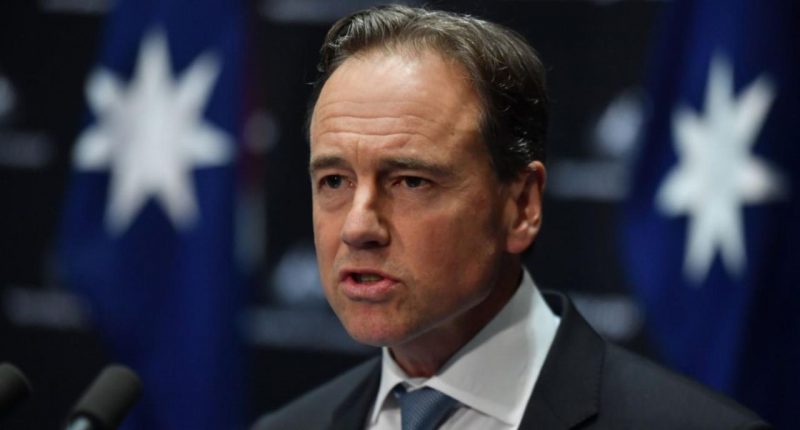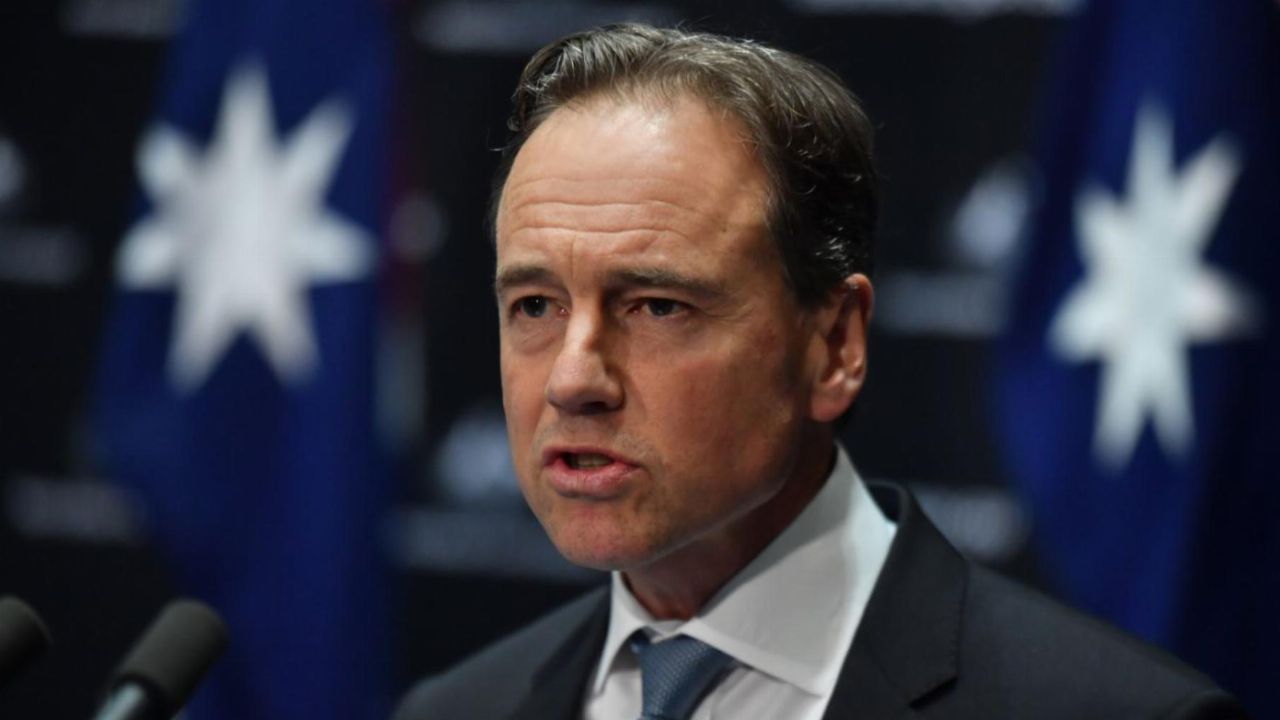- The Federal Government has again hinted it may hold off on reopening international borders until Australians are vaccinated against COVID-19
- Commenting on Britain’s early rollout of the Pfizer vaccine, the Health Minister said once vaccinations began in Australia in March 2021, he expected international border to open soon after
- In addition to this, Greg Hunt revealed the Government would soon make it mandatory for all vaccines administered to be recorded
- Treasurer Josh Frydenberg has also stated that a rollout of whichever vaccine proved effective would boost Australia’s economy by $34 billion
- Meantime, Qantas CEO Alan Joyce states international travel won’t resume until Australia and a significant portion of the globe are vaccinated against COVID-19
It’s looking increasingly likely Australia’s international border restriction won’t ease until a widespread rollout of a COVID-19 vaccine is completed, according to new comments from the Federal Cabinet.
Health Minister Greg Hunt spoke to reporters this morning, after it was confirmed overnight that the United Kingdom would begin rolling out the Pfizer vaccine next week to high-risk groups, threatened by the latest surge in coronavirus cases in the U.K.
The Minister said ahead of Australia’s own planned rollout of a suitable COVID-19 vaccination, the Government has introduced an amendment into Parliament to make it mandatory for all of the new vaccinations to be recorded by providers.
He explained the “important” information would be only be used by Government and everyday Australians to inform their own future decisions regarding travel.
“Reporting about vaccination will be required, which will give us important public health data, and each individual has that data that they can access as they need in regards to their own vaccination history, which is a really important thing for families around Australia and every individual,” Greg Hunt said.
The Health Minister also said while the reporting of the vaccinations injected will be mandatory, actually receiving the jab will be voluntary once it’s made available to the public in March.
However, those without a certified COVID-19 vaccination are unlikely to be able to travel in and out of Australia without paying for their own two-week mandatory quarantine upon arrival, a key measure currently employed by the Government to stop the spread of the virus.
Asked directly about when travel will resume, Minister Hunt said he expects it to begin again in earnest in mid-2021, when the vaccination rollout in Australia is well underway.
“By mid-next year, there will be significantly greater movement. We think of the end of next year as a reasonable timeframe to expect a broadly free international movement,” he told Nine.
Treasurer Josh Frydenberg has also commented that a rollout of whichever vaccine proved effective — there are four current frontrunners Australia has backed — would boost Australia’s economy by $34 billion.
“In the budget, I had an expectation and a forecast that a vaccine would be rolled out across the country by the end of next year,” the Treasurer told Nine.
“If that occurs six months earlier, that will provide a $34 billion boost to the Australian economy. Any vaccine that is earlier than what we expected at budget time is up side for the economy,” he added.
It’s not just politicians who are backing the vaccine as being the answer to reopening Australia’s borders to international travel, but airliners as well.
Qantas has already revealed it plans to make it mandatory for all international passengers to be properly vaccinated against COVID-19 in order to fly on its planes.
CEO Alan Joyce repeated that policy today, when commenting on the U.K. vaccine rollout and how it affected Australia’s international borders and the wider airline industry.
“We think a vaccine is going to be a requirement here. That means a vaccine is going to have to be available,” he said.







